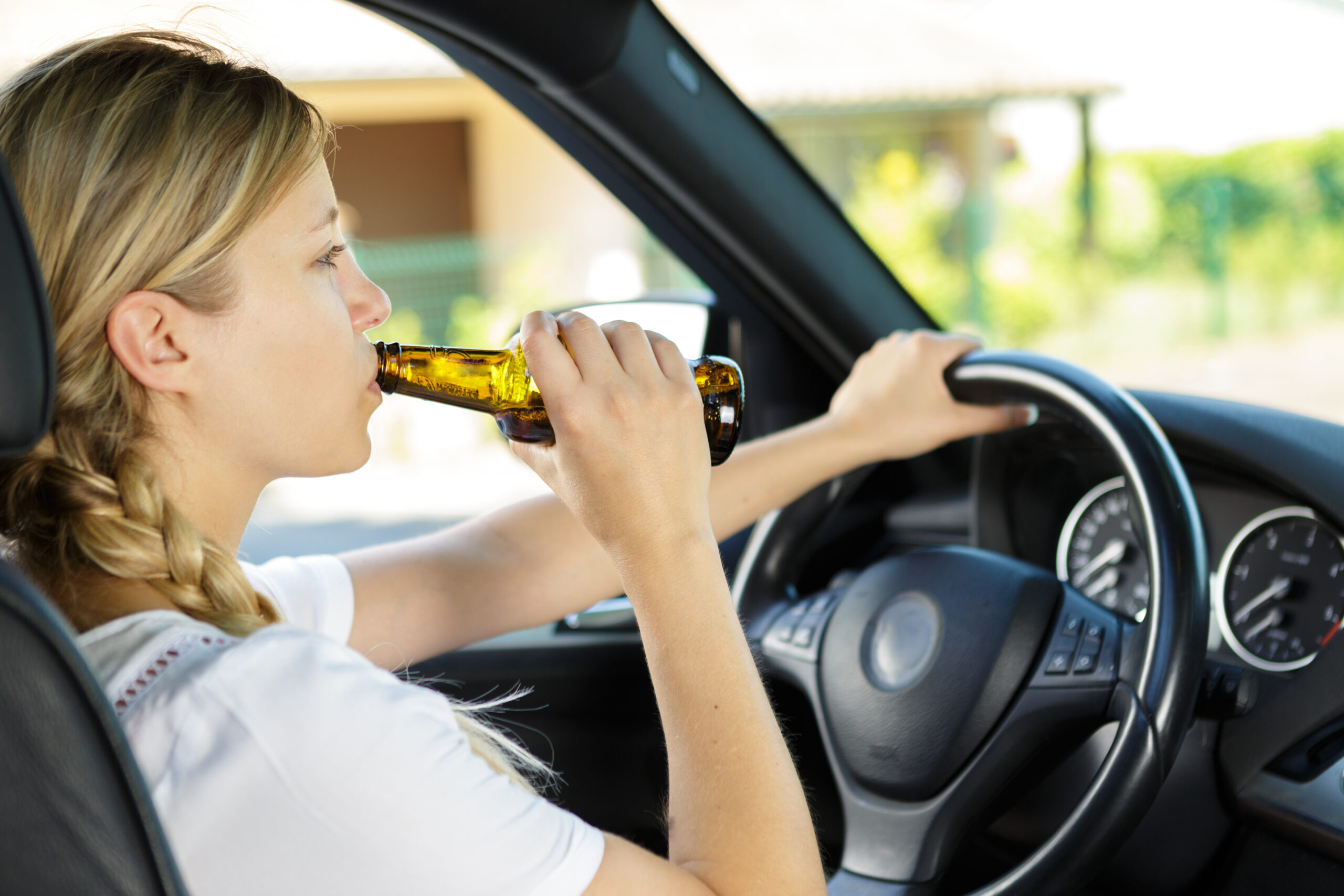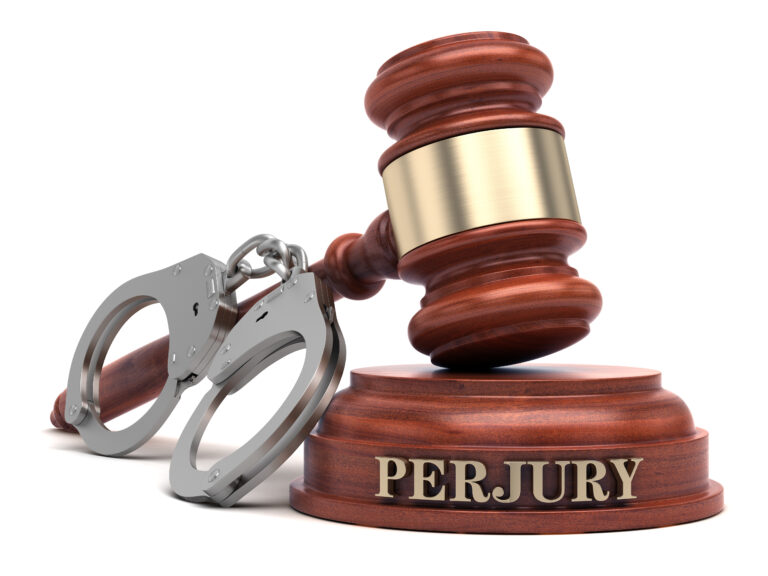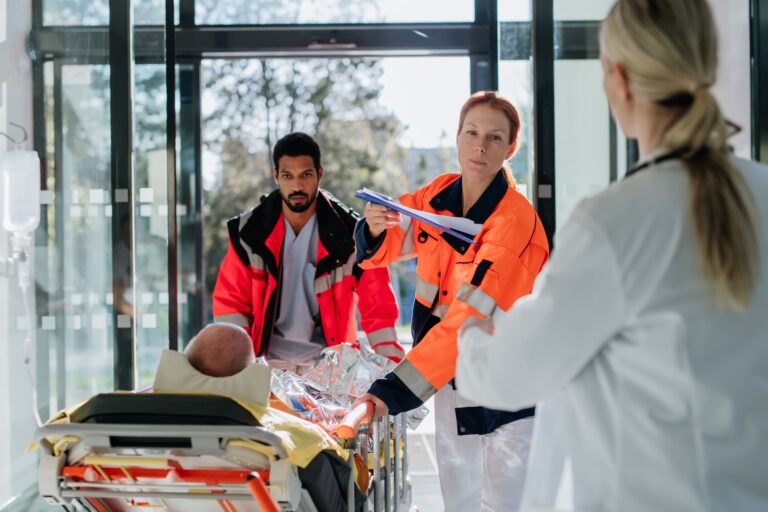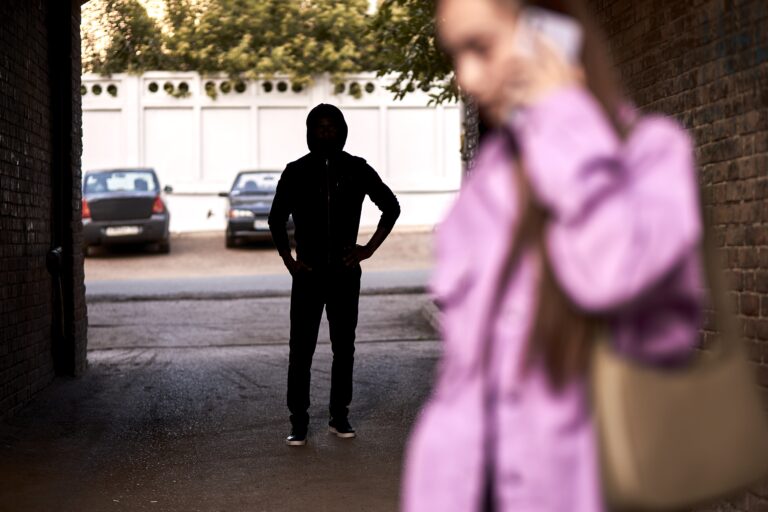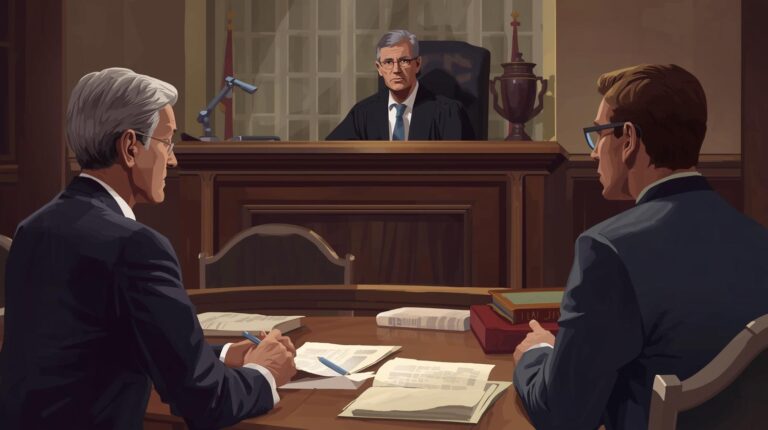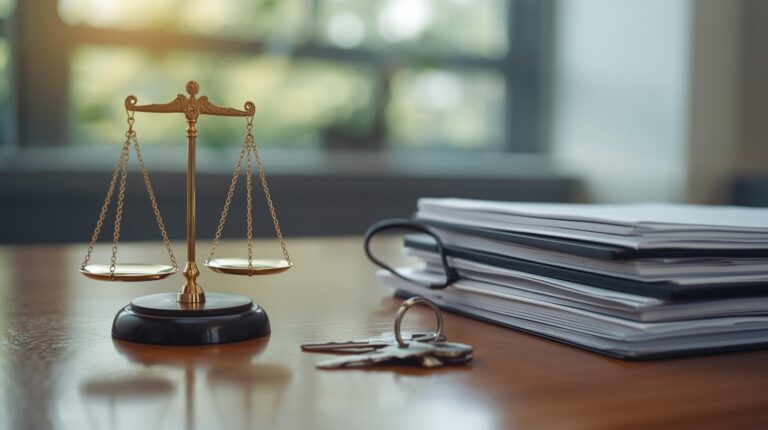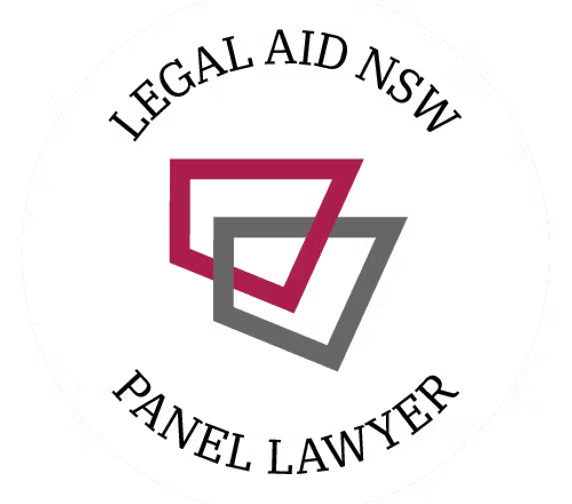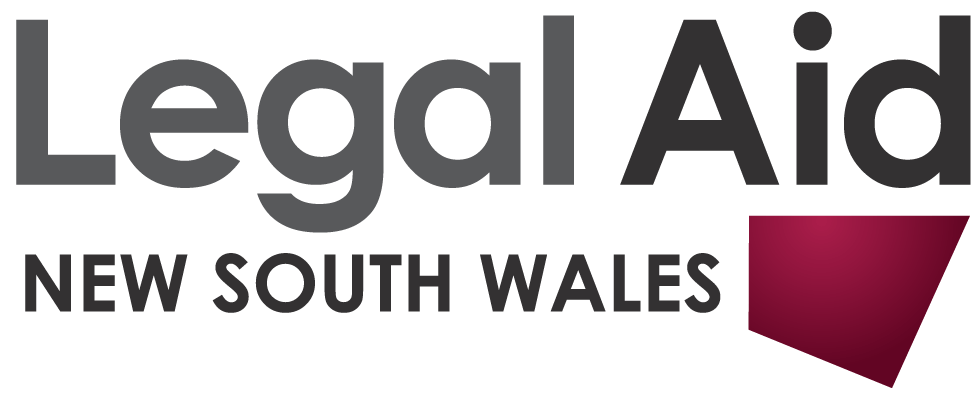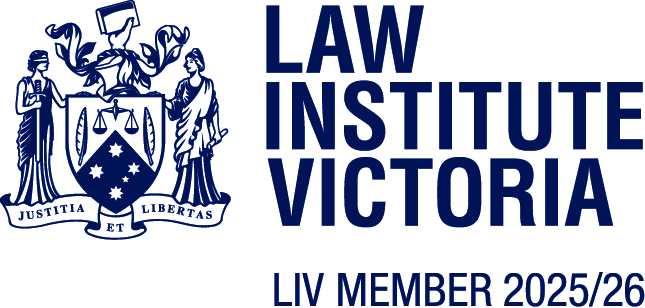Understanding Breathalyzer Tests for Minors
Australian law grants police officers the authority to require drivers, including minors, to submit to a breathalyzer test if there is suspicion of drink driving or during random roadside checks. This power extends to anyone operating a vehicle—whether on a learner, provisional, or full license. The process is not discretionary; participation in underage breathalyzer tests is considered a legal obligation.
Distinct Legal Standards for Minors
- Zero Tolerance: Unlike adults, minors—specifically those on learner (L) and provisional (P) licenses—are held to a zero Blood Alcohol Concentration (BAC) limit. Any detectable alcohol level detected by a breathalyzer triggers legal consequences.
- Heightened Scrutiny: Law enforcement officers are trained to exercise additional care when administering a dwi breathalyzer or dui breathalyzer test to minors. This includes explaining the procedure in clear, age-appropriate language and ensuring the rights of young individuals are protected throughout the process.
Consequences of Refusing a Breath Test
Declining or refusing a breathalyzer as a minor carries immediate and severe repercussions:
- Automatic Penalties: If you refuse a breathalyzer what happens is that the law typically treats refusal as equivalent to recording a high-range BAC reading. Sanctions can include large fines, instant license suspension or disqualification, and potential court appearances.
- Long-term Implications: A decision to refuse breathalyzer testing may affect future driving privileges and can appear on your driving record, potentially impacting employment opportunities that require clean records.
“When faced with a request for a breathalyzer, it’s crucial for minors and their families to understand that refusal rarely results in more favorable outcomes than compliance.”
At EAS Legal, our commitment lies in safeguarding the rights of young drivers while providing informed, strategic guidance through every stage of police interaction involving the breathalyzer.
Drink Driving Laws for Minors in Australia
Strict Alcohol Limits for Learners and Provisional Drivers
Australian law imposes stringent alcohol limits on learner and provisional drivers. Specifically, minors holding a learner’s permit or provisional license are required to maintain a blood alcohol concentration (BAC) of 0.00%. This zero-tolerance policy underscores the importance of road safety and aims to minimize the risks associated with inexperienced drivers consuming alcohol.
Penalties for Breaching Drink Driving Laws
Minors who breach these drink driving laws face significant penalties. The consequences include:
- Fines: Monetary penalties vary by state but can be substantial.
- License Disqualification: Immediate suspension or disqualification of driving privileges.
- Demerit Points: Accumulation of demerit points leading to further sanctions.
The refusal to take a breath test also carries severe repercussions. Under Australian law, refusing a breath test is equivalent to admitting guilt for drink driving, resulting in similar penalties as those for exceeding the legal BAC limit.
Special Considerations by Police Officers
When interacting with minors suspected of drink driving, police officers must consider several factors:
- Presence of a Guardian: It is often encouraged, if not required, that a parent or guardian be present during questioning or testing procedures involving minors.
- Communication: Officers are trained to ensure that minors fully understand their rights and obligations during such interactions.
- Search Limitations: There are specific legal constraints on how extensively police can search a minor’s person or belongings without proper cause.
EAS Legal prioritizes protecting the rights of minors during these interactions, ensuring that all procedures adhere to legal standards while providing strategic defense solutions tailored to each client’s unique circumstances.
Consequences of Refusing a Breath Test as a Minor
When minors refuse to undergo a breathalyzer test, immediate penalties can be severe. Police have the authority to impose fines and license disqualification periods. These penalties are designed to enforce compliance and maintain road safety standards. The severity of these immediate consequences underscores the seriousness with which drink driving laws are enforced for young drivers.
Immediate Penalties
- Fines: Minors may be subject to significant monetary penalties if they deny a breathalyzer test. These fines act as an initial deterrent against refusal to comply with lawful requests during traffic stops.
- License Disqualification: A minor refusing a breath test can face automatic suspension or revocation of their driving privileges. This disqualification period can vary depending on the jurisdiction and specific circumstances but generally aims to prevent potentially unsafe drivers from endangering others on the road.
Long-term consequences for breath test refusal extend beyond immediate penalties. Refusal can have enduring effects on a minor’s future driving privileges and legal record.
Long-Term Consequences
- Driving Record: A record of refusing a breathalyzer test can negatively impact future interactions with law enforcement and the judicial system. This record remains accessible and may complicate efforts to obtain or renew a license.
- Insurance Premiums: Insurance companies often view individuals with violations related to drink driving or breath test refusals as high-risk clients. This perception can lead to increased insurance premiums, making driving more costly for minors in the long run.
- Employment Opportunities: Certain professions require a clean driving record or regular interaction with motor vehicles. Evidence of refusal to comply with breath tests might limit employment opportunities in such fields, affecting long-term career prospects.
Understanding these potential repercussions emphasizes the importance of compliance during police interactions for minors. Legal advice is crucial in navigating these situations, ensuring informed decisions are made when faced with requests for breath tests.
Legal Protections for Minors During Police Interactions
Legal rights of minors in Australia are designed to ensure their protection and fair treatment during interactions with law enforcement. Understanding these rights is crucial when a minor is involved in situations such as being asked to take a breath test.
Presence of a Parent or Guardian
When a minor is required to undergo a breath test or any other form of police questioning, it is imperative that they have a parent or guardian present. This ensures that the minor’s rights are safeguarded and that there is adult supervision throughout the process. Police officers are obligated to make reasonable efforts to contact the minor’s parent or guardian before proceeding with any formal questioning.
Limits on Searches
Police authority to search a minor’s person or belongings is not unlimited:
- Personal Searches: While police can conduct personal searches if they have reasonable grounds, such searches must be conducted with consideration for the minor’s age and vulnerability.
- Belongings: The scope of searching a minor’s belongings also follows strict guidelines to prevent undue infringement on their privacy.
Protection Against Self-Incrimination
Under Australian law, minors benefit from significant protections against self-incrimination. This means:
- Right to Silence: Minors can exercise their right to remain silent during police interactions, except when required to provide their name and address.
- Legal Representation: Ensuring access to legal counsel is an important aspect of protecting minors from self-incrimination. If a minor does not understand their right to legal representation, it is the duty of the police to explain this in an understandable manner.
Understanding these protections can help minors navigate interactions with law enforcement while ensuring their legal rights are upheld effectively.
Alternatives to Breath Tests for Minors
In certain situations, police officers may require a minor to undergo a blood test instead of a breath test. These situations include:
- Technical Issues: If the breathalyzer device is not functioning correctly or is unavailable.
- Accuracy Concerns: When there are doubts about the accuracy of the breath test results.
Blood tests for minors offer a reliable alternative to ensure compliance with drink driving laws. The process involves drawing a blood sample, which is then analyzed to determine the blood alcohol concentration (BAC). This method provides precise results and can be used as evidence in legal proceedings.
In such cases, it is crucial for minors and their guardians to understand their rights and the procedures involved. Our team at EAS Legal is dedicated to providing expert advice and representation, ensuring that minors’ rights are protected throughout the process.
Need to speak with a lawyer?
Our experienced lawyers are here to help you understand your legal rights and options. Contact us for a confidential discussion about your situation.

